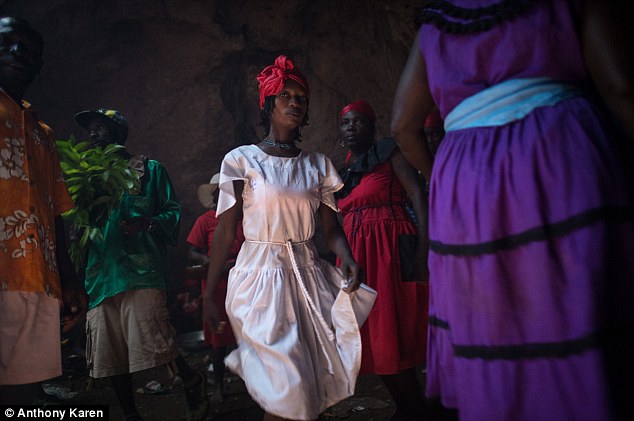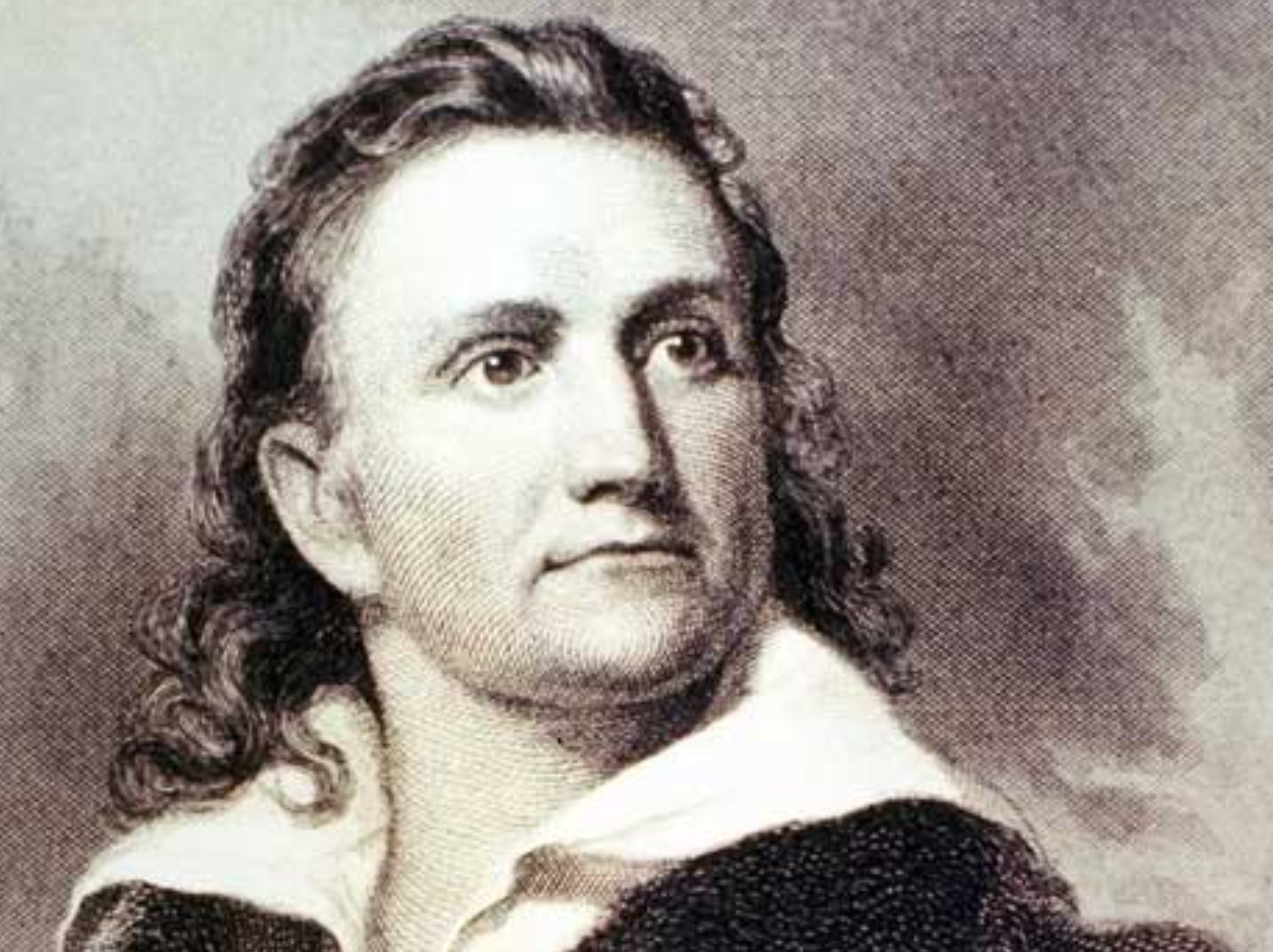New Orleans, Louisiana, is a city renowned for its rich cultural tapestry, steeped in history and tradition. Among the many facets that contribute to its distinctive charm, one stands out as both fascinating and enigmatic – Voodoo. Often misunderstood and shrouded in mystery, Voodoo plays a significant role in New Orleans’ cultural heritage, offering a glimpse into the city’s complex past and the enduring influence of African, Creole, and Caribbean traditions. The history of Voodoo in New Orleans is a tale of cultural fusion and resilience. Rooted in the religious practices brought by enslaved Africans to the Americas, Voodoo in New Orleans merged with elements of Catholicism and Indigenous spirituality. This blending of traditions gave birth to a unique form of Voodoo, sometimes referred to as New Orleans Voodoo or Louisiana Voodoo. One of the most iconic figures in the history of New Orleans Voodoo is Marie Laveau, known as the Voodoo Queen of New Orleans. Born in 1801, Laveau became a powerful and influential practitioner, uniting communities and offering spiritual guidance. Her legacy endures, with visitors and locals alike paying homage to her tomb in St. Louis Cemetery No. 1.
Voodoo is a syncretic religion that incorporates elements of African, Catholic, and Indigenous belief systems. Central to Voodoo practice is the veneration of spirits, or “loa,” which are believed to have the power to influence human affairs. Practitioners, often referred to as “vodouisants,” engage in rituals that include dance, drumming, song, and offerings to invoke the favor of these spirits. One of the most recognizable symbols of New Orleans Voodoo is the Voodoo doll, often associated with sympathetic magic. Contrary to popular misconceptions, Voodoo dolls are not used for harm but rather to channel positive intentions, healing, and protection. Voodoo in New Orleans has played a vital role in preserving African cultural heritage in the face of adversity. Enslaved Africans, forced to abandon their traditions, found solace in the practice of Voodoo. It served as a source of empowerment, community, and resistance against oppression. Today, Voodoo continues to be a symbol of resilience and cultural pride for many New Orleanians.
The mystique surrounding Voodoo has made it a popular attraction for tourists visiting New Orleans. Voodoo shops, psychic readings, and guided tours of Voodoo-related sites draw visitors eager to explore the city’s supernatural side. Additionally, Voodoo has left an indelible mark on popular culture, with its influence evident in music, literature, and film. Voodoo holds a significant place in the cultural mosaic of New Orleans. It reflects the city’s rich history, its multicultural roots, and the enduring spirit of its people. Beyond the myths and misconceptions, Voodoo in New Orleans serves as a symbol of cultural preservation, spiritual connection, and a bridge between the past and present. It is a reminder that the soul of New Orleans lies not only in its music and cuisine but also in its mystical and enchanting traditions



